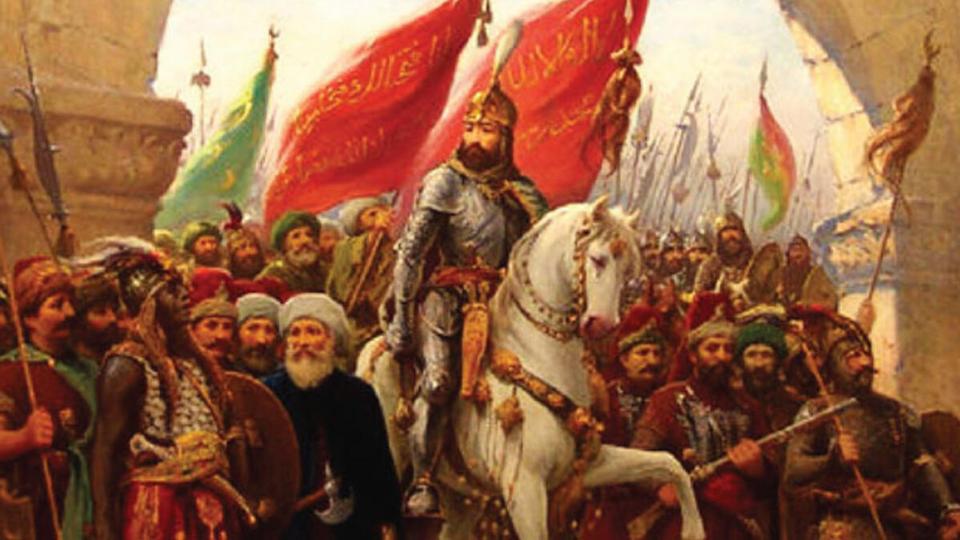
Turkey gets a shot of reality, Russian-style
One striking aspect of the Kazakhstan unrest is just how
much of a non-factor the U.S. is. Our lead story by Sinan Tavsan
in Istanbul looks at the jostling between Russia, Turkey and China over
influence in Central Asia -- where the U.S. is just not a player.
Meanwhile,
South Korean analysts say North Korean leader Kim Jong Un may be
preparing to announce his own ideology. Such "Kim Jong Un-ism" is likely
going to have a "people-first" flavor -- as opposed to the
military-first approach of his father. But in his decade in office, Kim
Jong Un has not turned out to be the Deng Xiaoping of North Korea.
Kazakhstan: Putin shows Erdogan who rules Central Asia
Turkey's aspirations to lead the greater Turkic world and become a Eurasian heavyweight have met a major hiccup, analysts said, as violence erupted in the ex-Soviet, Turkic nation of Kazakhstan last week.
When
the oil-, gas- and uranium-rich country needed security assistance to
maintain order, it was the Russia-dominated Collective Security Treaty
Organization (CSTO) that it turned to.
"This has been a great
reality check" for Turkey's ambitions, said Rich Outzen, a former U.S.
State Department policy-planning official. "Just because a great power
like the United States is less interested in the region, it doesn't mean
that other great powers like Russia or China are also less interested,"
and that Turkey has a free hand in Central Asia.
Turkish hawks have begun to call for a "Greater Turkic army" with a similar function to CSTO.




No comments:
Post a Comment
Note: Only a member of this blog may post a comment.